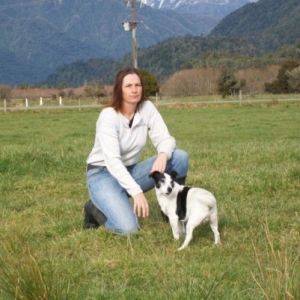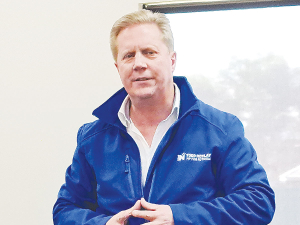Federated Farmers/Rabobank Farm Employee Remuneration Survey 2013 shows pay levels for most pastoral farm positions have continued to increase. The average farm worker is now earning $5500 more than the New Zealand average annual wage and salary.
"I need to point out our survey was in the field in late 2012 and before the impact of the 2012/13 drought really hit home," says Katie Milne, Federated Farmers employment spokesperson.
"The drought will undoubtedly have a drag effect on farm wage growth and prospects. We need to also point out that marked commodity price pressures have become apparent in 2013 in the meat and fibre sectors particularly.
"That said, the 2013 survey covers more than 3900 positions involving the input of 1194 farm employers.
"Federated Farmers considers that it has an important role to develop and attract quality people into agriculture. This survey is intended to assist employers and employees, both current and potential, to better understand what agriculture has to offer.
"It is also important to point out that the primary industries made up of pastoral agriculture, horticulture, forestry and fisheries employ over 146,000 New Zealanders. Misconceptions about pastoral agriculture must be challenged and this survey is a useful tool doing just that.
"Of course what we are talking about with our 2013 survey are the financial rewards for farm workers. Our 2013 survey showed our workers earned an average salary of $46,246.
"This actually increases to $49,159 when the value of non-wage benefits is taken into account.
"Farming is incredibly wage competitive because the national average wage for people in paid employment was $40,716 in the June 2012 quarter. When you consider living costs in many rural areas tend to be lower than in urban areas it is an eye-opener.
"Yet despite relatively high unemployment nationally, farmers are finding it difficult to recruit skilled and motivated staff. There is a gulf between talk in the media about unemployment and the experiences of farm employers.
"We are hopeful reforms to the benefit system may incentivise Kiwis with the right attitude to look wider and consider a farming career.
"Farm employers know they need to strike the right balance between containing wage growth and attracting high quality skilled workers to not only consider farm employment but to stay. The need for career development is also important.
"We are seeing a growing professionalism in rural employment relationships. This is paying dividends as evidenced by StatisticsNZ's recent Labour Productivity statistics. These show labour productivity within agriculture has increased 3.4% each year.
"Labour inputs showed little change whereas output has surged, meaning agriculture is driving New Zealand's labour productivity growth," says Milne.











